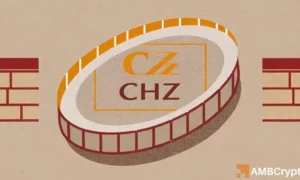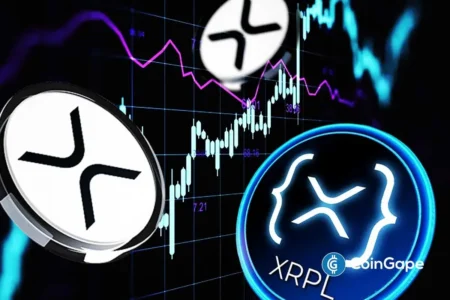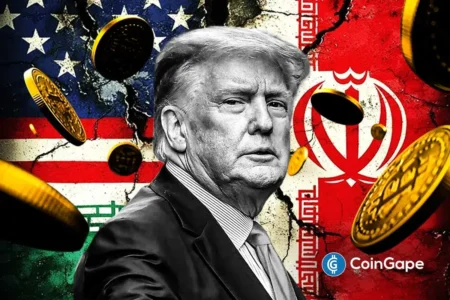Madras High Court Declares XRP and Cryptocurrencies as Property: A Landmark Ruling
In a significant legal decision, the Madras High Court in India has classified XRP and other cryptocurrencies as property under Indian law. This ruling was delivered by Justice N. Anand Venkatesh, who emphasized that cryptocurrencies are identifiable, movable, and can only be managed via privatized keys, a unique characteristic that distinguishes them from traditional assets. This groundbreaking judgment is poised to redefine the legal framework surrounding digital assets in India.
Case Background: Cyberattack on WazirX
The case emerged from a cyberattack on WazirX, a cryptocurrency exchange operated by Zanmai Labs Pvt Ltd. In January of last year, an investor purchased 3,532.30 XRP coins for ₹1,98,516. However, in July, WazirX fell victim to a massive hack, which resulted in the loss of approximately $230 million in Ethereum and ERC-20 tokens. After the breach, a significant number of user accounts were frozen, sparking outrage as users reported that their funds remained inaccessible even after WazirX reopened deposits.
Legal Arguments: Separate and Distinct Holdings
The investor contended that her XRP holdings were unaffected by the cyberattack and represented distinct assets separate from the stolen Ethereum tokens. To safeguard her rights, she sought legal intervention under Section 9 of the Arbitration and Conciliation Act, 1996, aiming to prevent the redistribution of her holdings. Zanmai Labs, however, contested this claim, referencing a court order from Singapore that directed users to proportionately share the losses from the cyberattack.
Court’s Ruling: Rejection of Exchange’s Argument
Justice Venkatesh ruled against the claims presented by Zanmai Labs. He made it clear that the investor’s XRP holdings were not compromised during the hack, reiterating that the breach primarily affected Ethereum-based tokens. This decision aligns with Section 2(47A) of the Income Tax Act, 1961, which classifies cryptocurrencies as virtual digital assets, thereby recognizing their legitimacy as property under Indian law.
Redefining Legal Perception of Cryptocurrencies
The court’s decision marks a pivotal moment in India’s legal stance on cryptocurrencies, as it acknowledges that crypto assets are no longer merely speculative. Instead, they are recognized as digital property with clearly defined ownership rights. This revelation represents a significant departure for India’s judicial system, moving towards a more comprehensive understanding of digital asset ownership and regulatory implications.
Jurisdictional Clarity: Protection of Assets in India
Justice Venkatesh clarified the jurisdictional issues surrounding the case, asserting that the Madras High Court had the authority to handle the matter, given that the original transaction involved a bank account based in India. He affirmed that Indian courts are empowered to protect assets located within India, irrespective of any arbitration seated in foreign jurisdictions. This ruling not only safeguards the investor’s interests but also sets a precedent for how digital assets will be treated in future legal contexts.
This ruling has far-reaching implications for the cryptocurrency landscape in India, making it essential for investors, exchanges, and legal practitioners to adapt to the evolving legal framework surrounding digital assets. The Madras High Court’s recognition of cryptocurrencies as property paves the way for enhanced regulatory clarity and the protection of investor rights in this dynamic financial domain.
















